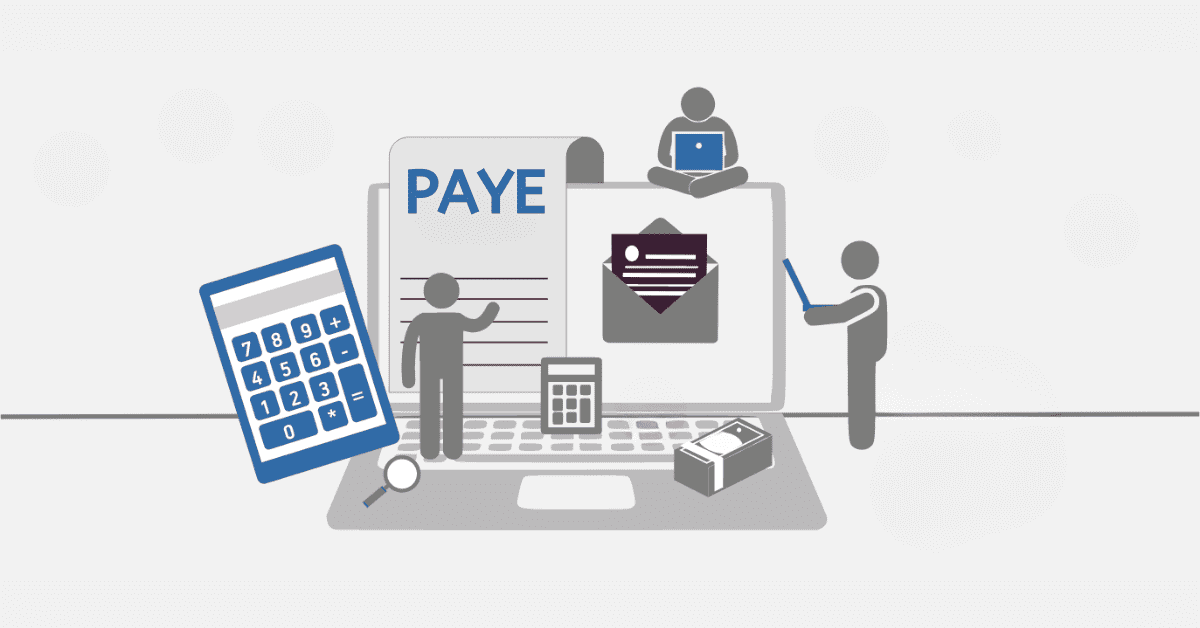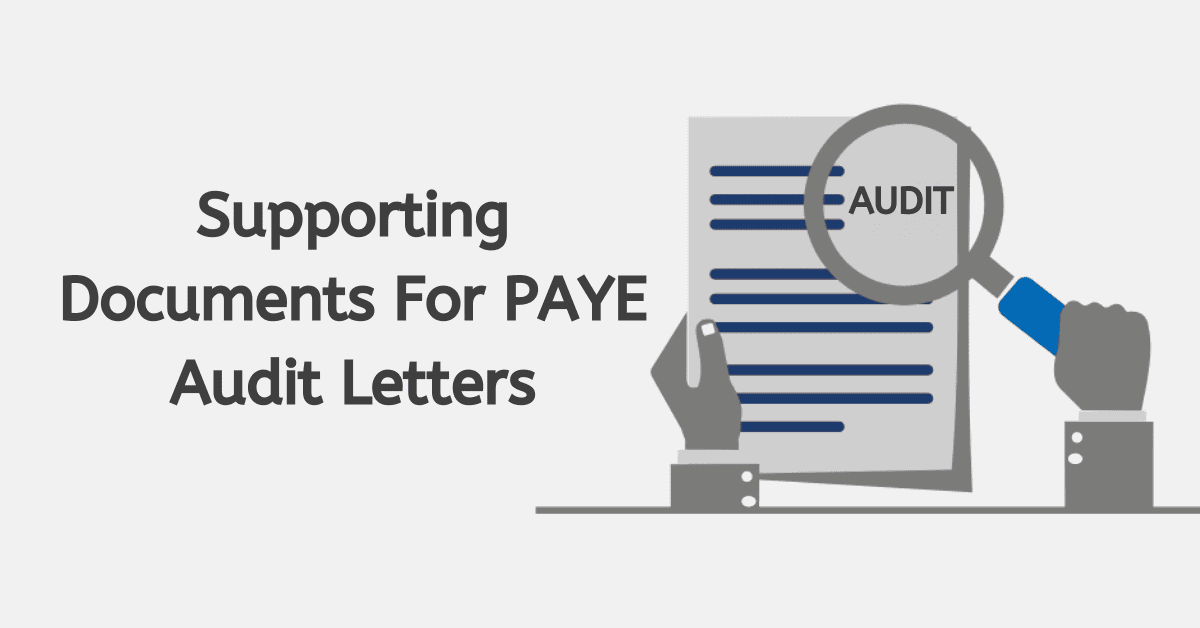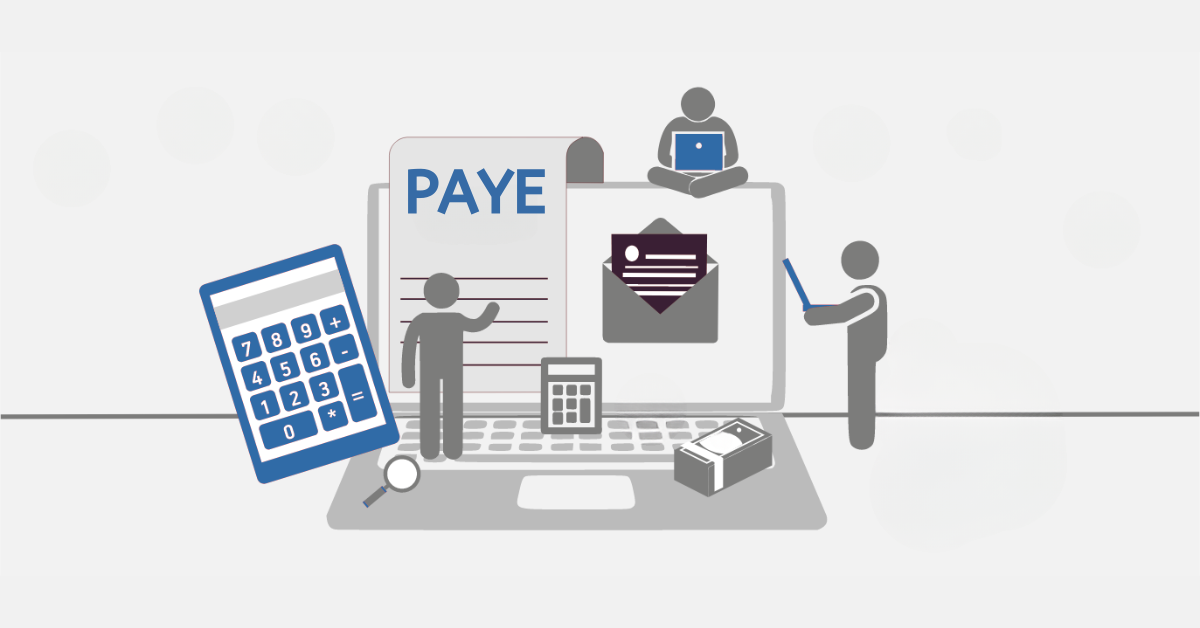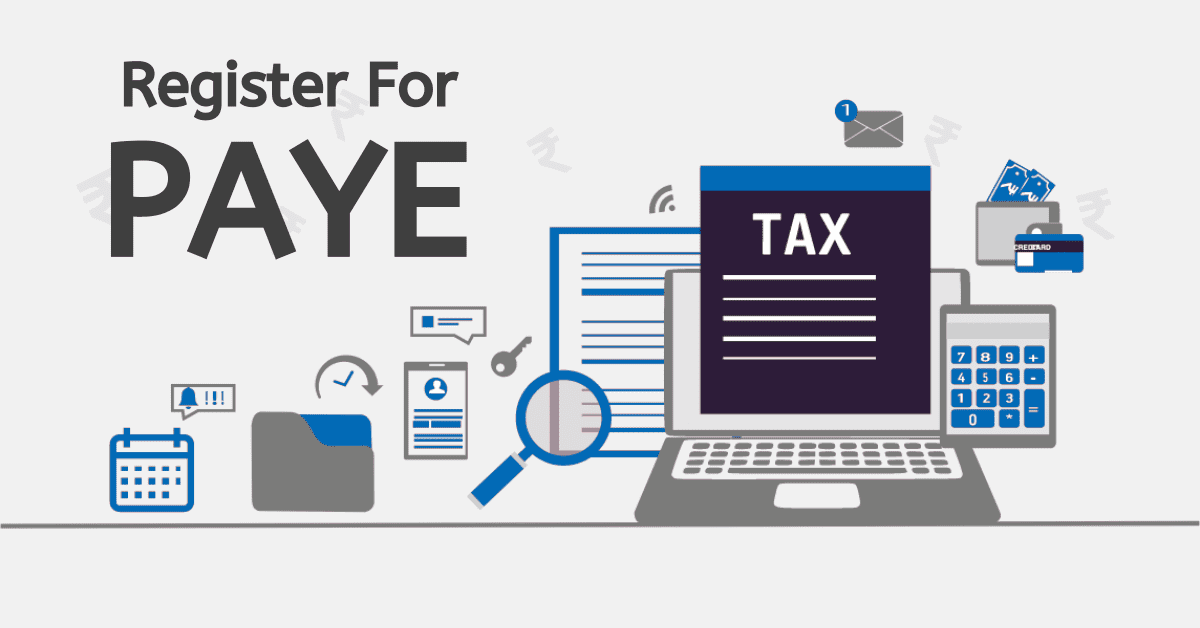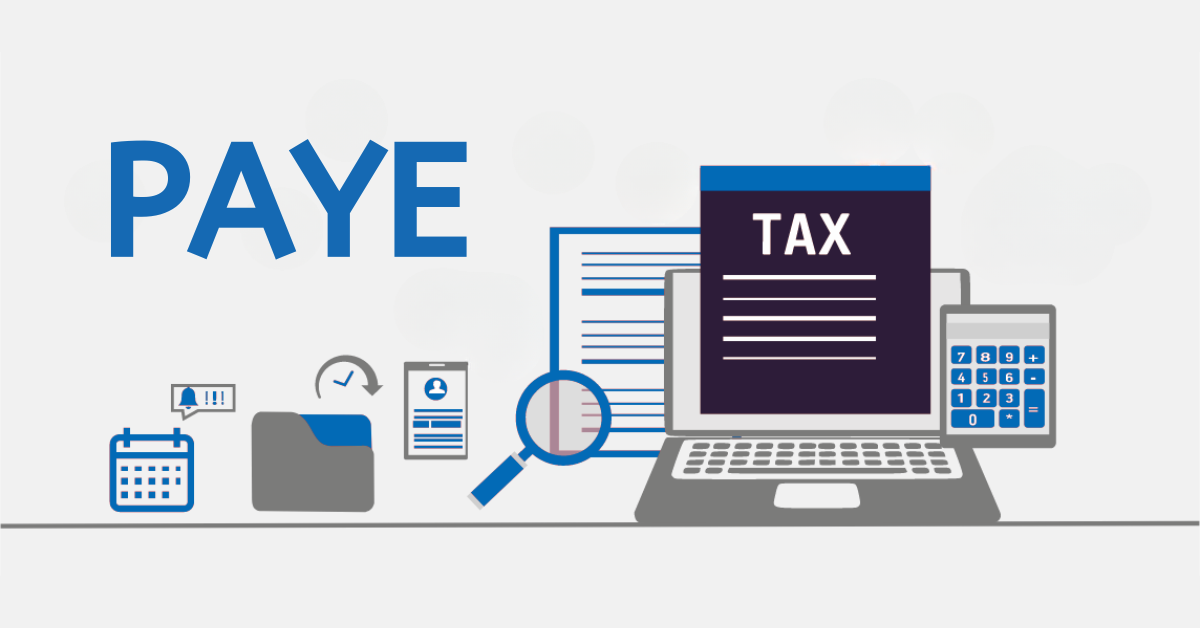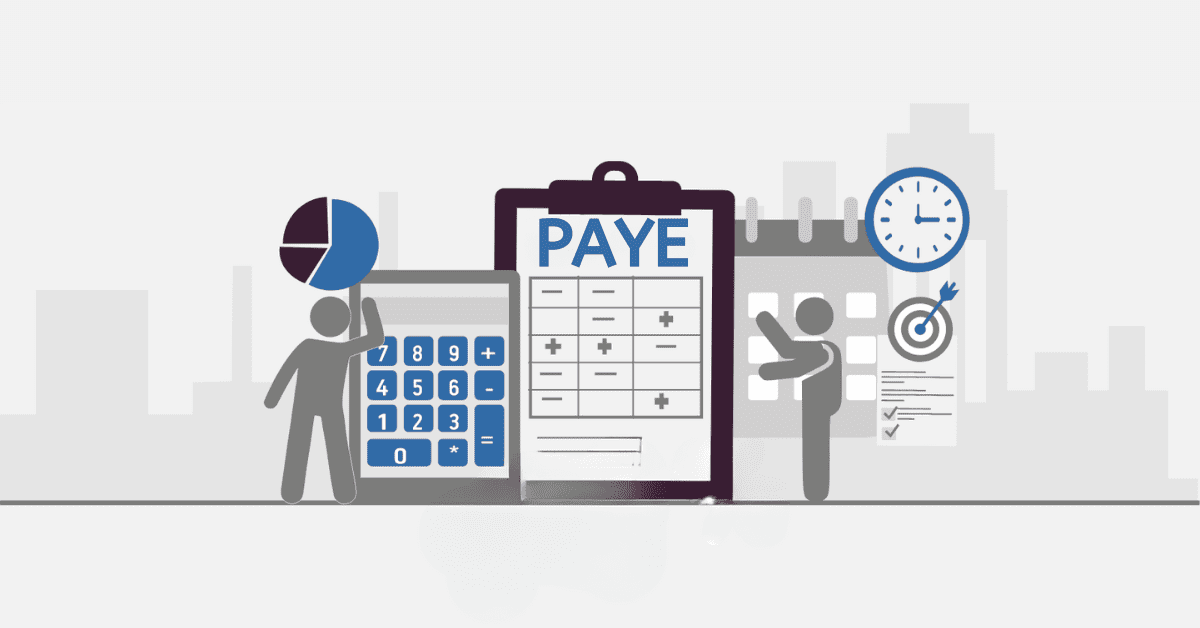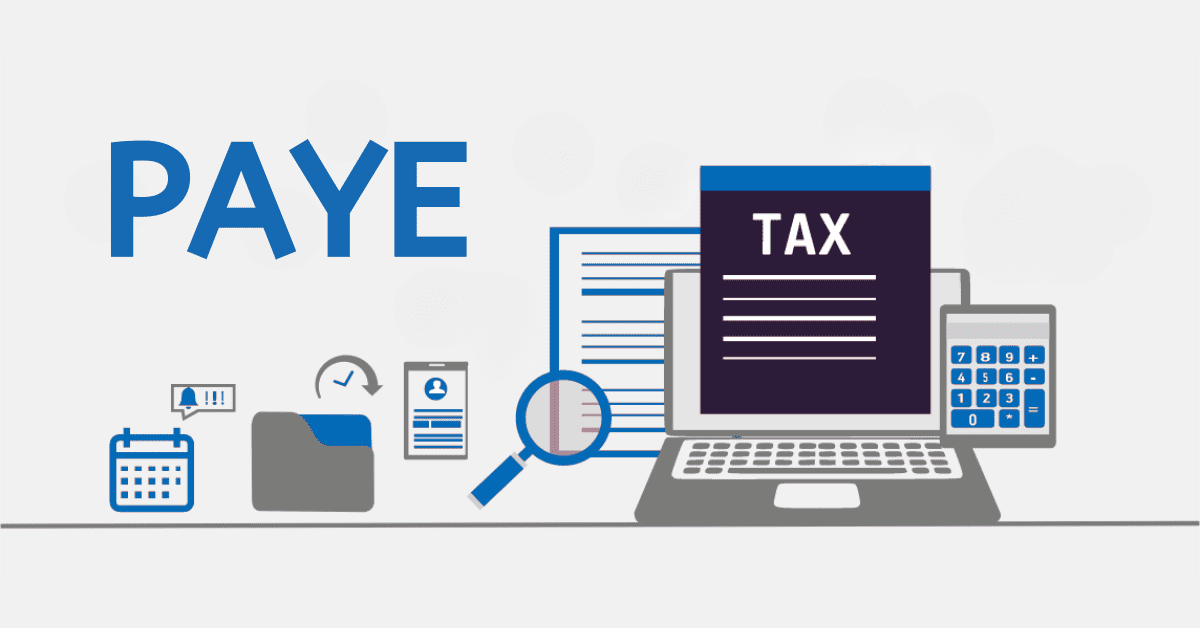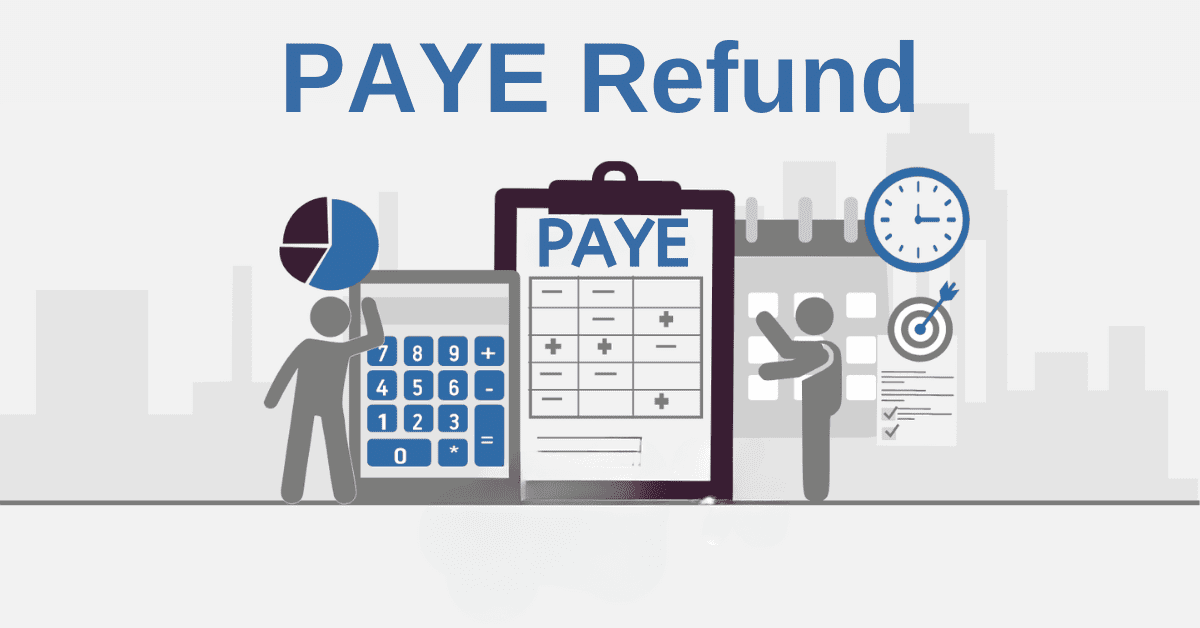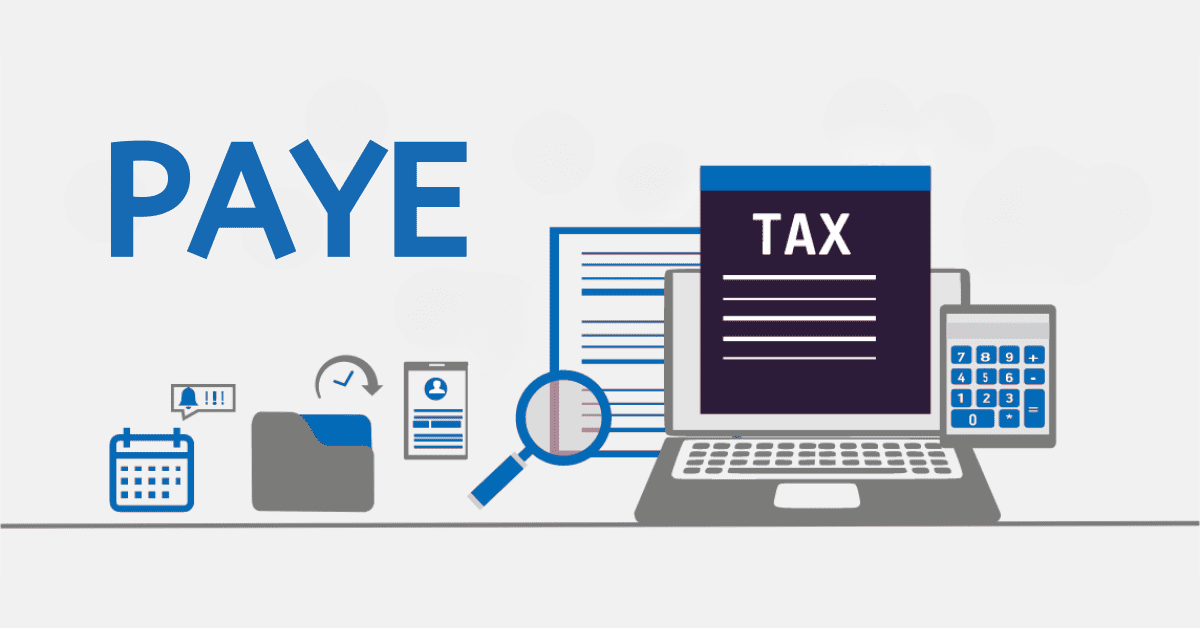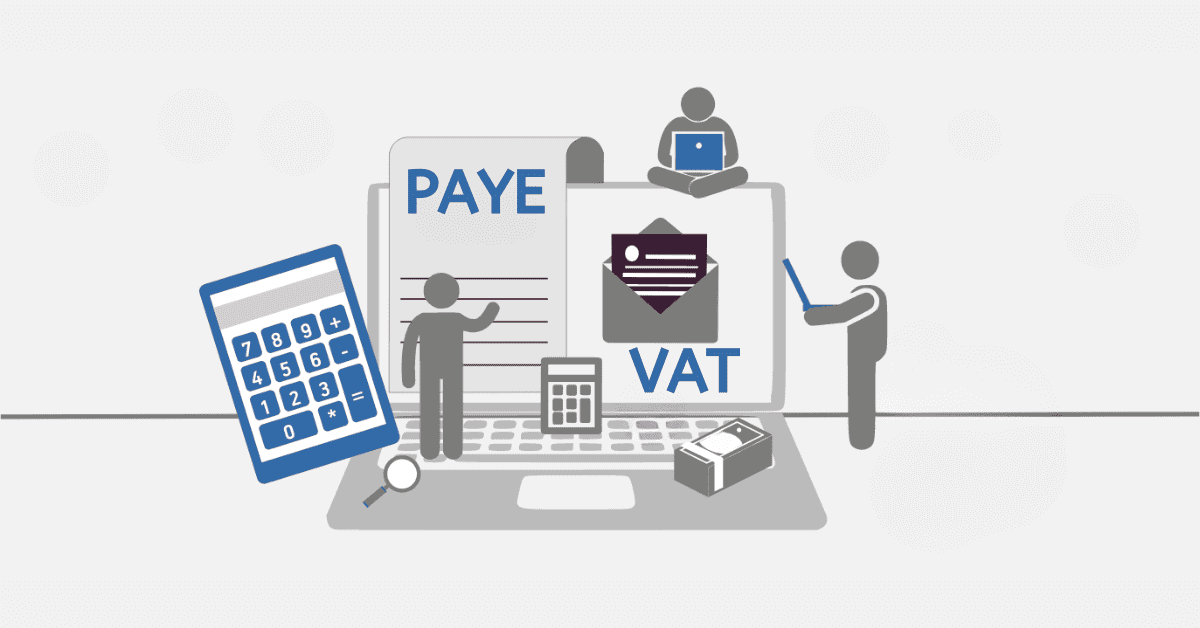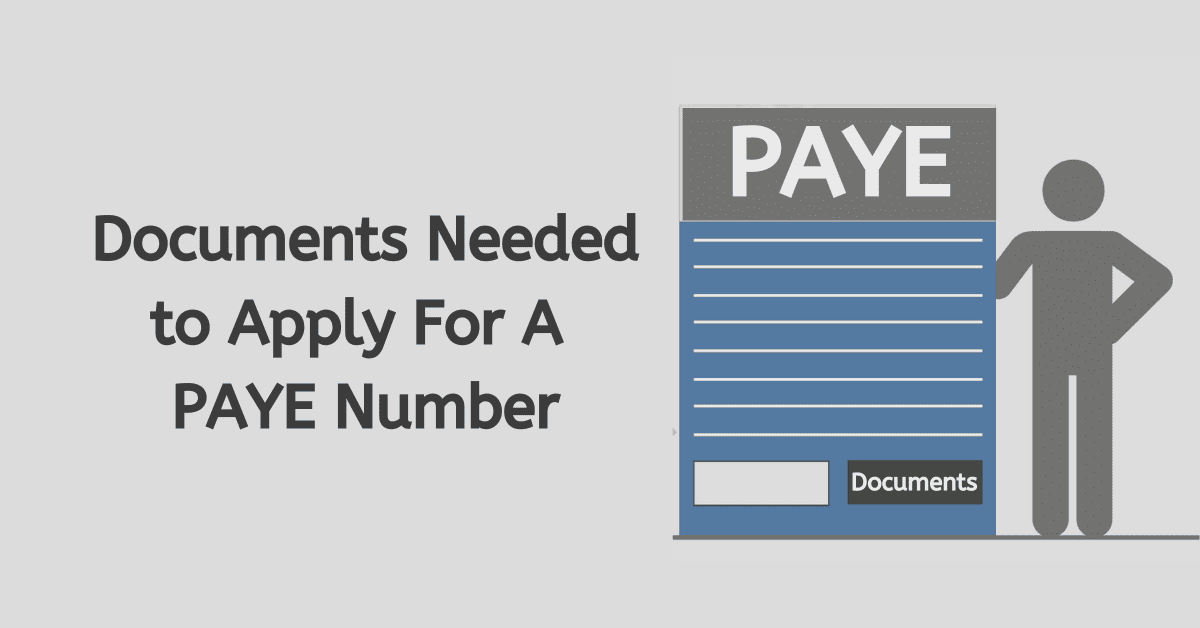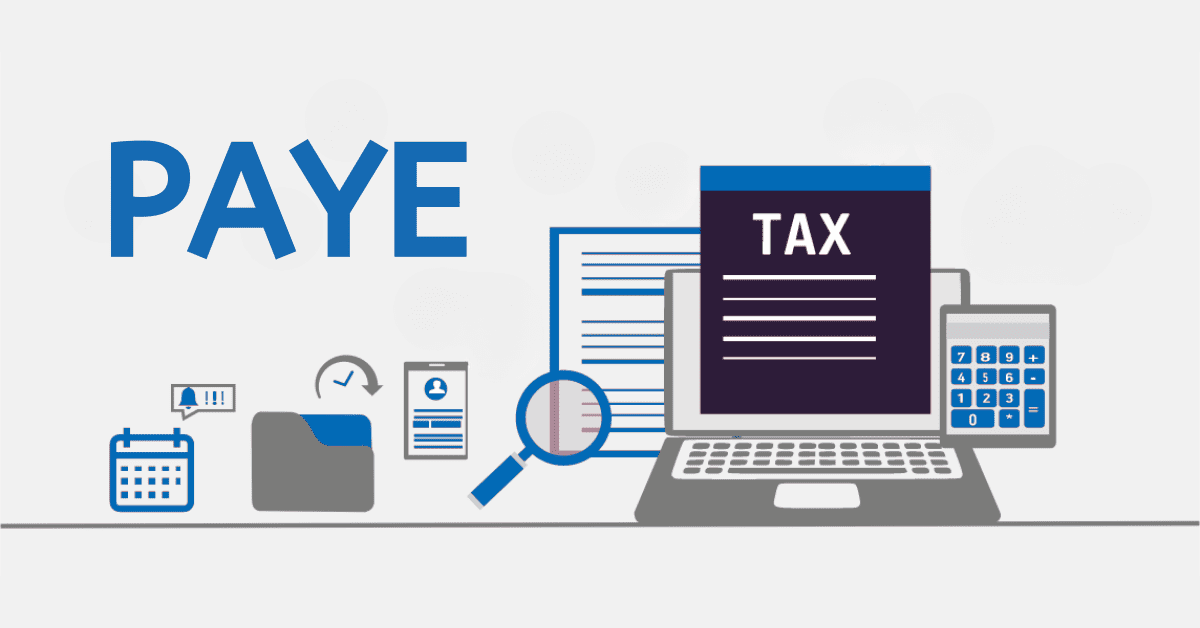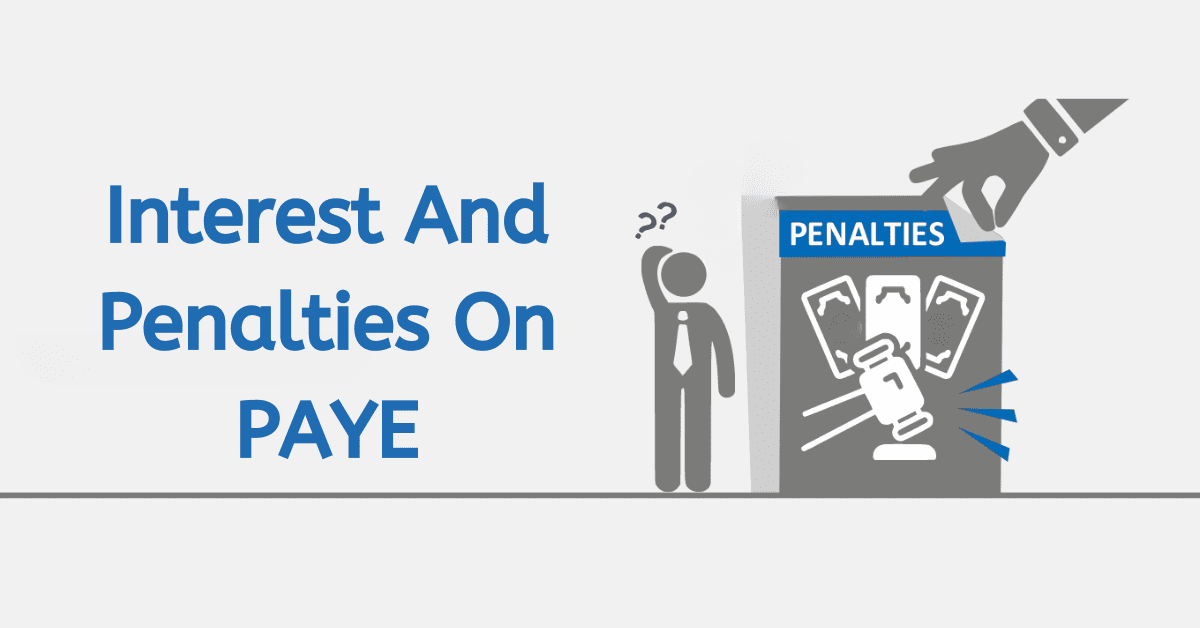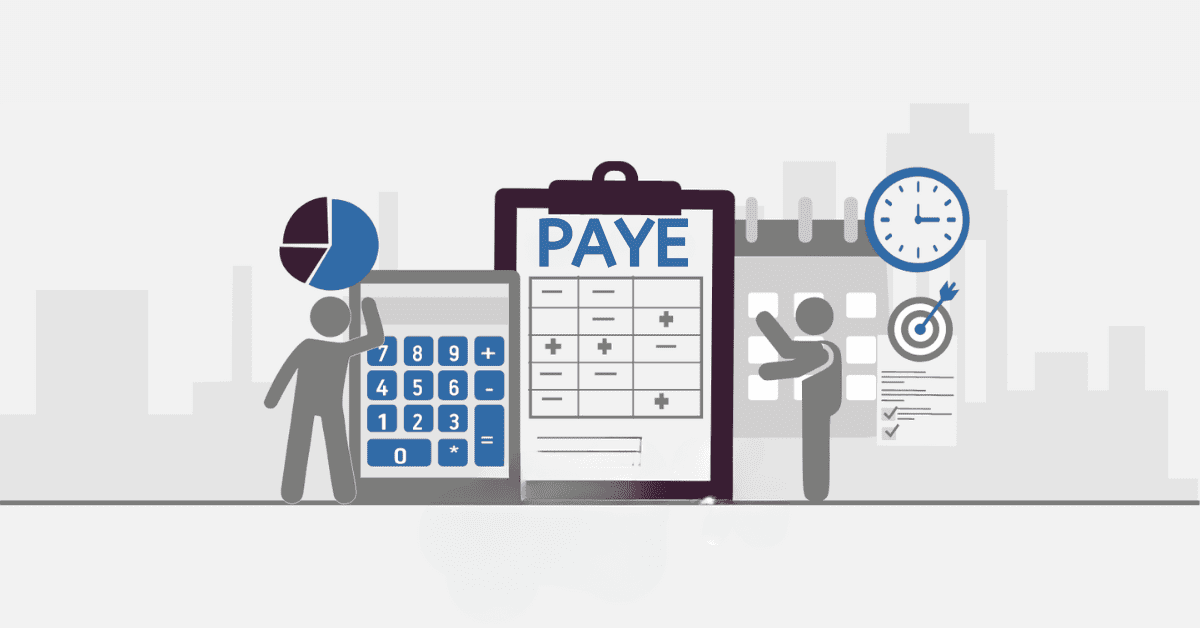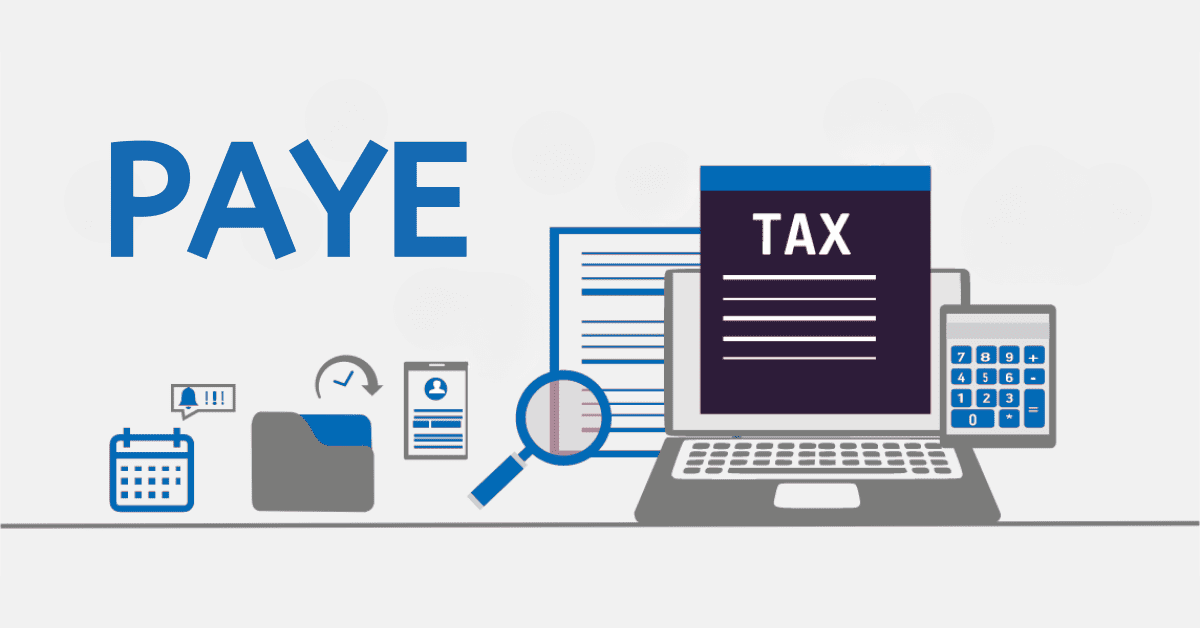In South Africa, the tax system follows a progressive approach, which implies that individuals with higher incomes are required to contribute a larger percentage of their earnings towards taxes.
Tax rates are organised into various income brackets, and individuals are then taxed based on which bracket they fall into.
It is the responsibility of employers to deduct the correct amount of income tax from their employee’s salaries or wages on a monthly basis. The deductions are calculated by taking into account the employee’s tax bracket and considering other factors like rebates and allowable deductions. It is important for both employers and employees to stay updated on any changes in tax laws and regulations. These changes can have an impact on PAYE and overall tax responsibilities.
Learning about the tax terms in South Africa can save you tons of time and money. Many people wonder about the distinction between the PAYE reference number and the tax number. There are also concerns about whether PAYE and income tax are the same?
In this section, we will highlight what distinguishes the various terms mentioned above.
Difference between income tax number and PAYE reference number
When it comes to South African taxation, it is important for both employers and employees to understand the difference between an income tax number and a PAYE reference number. These two identifiers have different roles in the tax system.
The PAYE reference number is used by employers who are in charge of deducting and sending the PAYE tax from their employee’s earnings. The number that plays a crucial role in ensuring the seamless transfer of tax payments from employees to the South African Revenue Service is a 10-digit sequence that starts with the digit 7. The PAYE reference number is located on the employee’s IRP5, which is a document that provides information about their yearly income and tax deductions.
However, the income tax number serves as a distinctive identifier that is given to individuals specifically for the purpose of personal income tax. The number that appears on the IRP5 also has a different structure. It starts with the digits 0, 1, 2, 3, or 9. Individuals in South Africa fulfil their personal tax obligations by using their income tax number. This number is essential for ensuring compliance with the country’s tax regulations.
The difference between these two numbers essentially comes down to their respective roles in the taxation system. The PAYE reference number is mainly used by employers to make the collection and payment of employee taxes to SARS more efficient. On the other hand, the income tax number serves as an individual’s essential tool for fulfilling their personal tax responsibilities. It is crucial for both employers and employees to understand this distinction in order to comply accurately with South Africa’s taxation requirements.
Is PAYE the same as income tax?
You may have heard that the PAYE and income tax are the same, but here is what you need to know.
In simple terms, the PAYE is another act of collecting income tax, which is done by applying a prescribed percentage by SARS on the income of an employee.
Clearly, there is a close relation between PAYE and income tax, but they are not the same.
Is the SARS reference number a tax number?
No, the SARS reference number is not the same as the tax number. There is a clear difference between these two terms.
Although there are cases where some amateurs in the tax world may use these terms interchangeably, it does not confirm they mean the same.
On a lighter note, the SARS reference number is mostly used to track tax payments and management, while a tax number is a unique identifier issued to an employee for tax deductions.
How can I get my SARS income tax number online?
Here are simple steps to follow in order to get your SARS income tax number online.
- Visit the official SARS website.
- To access the “Contact Us” option, simply locate the top menu bar and click on it.
- Click on the option that says “Request your Income Tax number.”
- Fill out the form and select “What’s My Income Tax Number” as the type of inquiry.
- If SARS is able to verify your credentials, they will send you your tax number.
- Make sure that the information you provide matches the details you used in registering your income tax number online.
What is the difference between PAYE and income tax in South Africa?
In the context of South Africa, PAYE and income tax are related concepts, although they do have some differences.
PAYE, which stands for Pay As You Earn, is a method of deducting tax directly from an individual’s income, usually from their salary or wages.
It is the responsibility of employers to deduct PAYE from their employees’ salaries and send it to the South African Revenue Service every month. The deduction amount is determined by the employee’s income and the relevant tax percentages stated by SARS.
Also, income tax is a more comprehensive term that covers a range of taxes on income, which may include PAYE but is not limited to it.
In South Africa, the income tax administration falls under SARS’s responsibility. This includes not only taxes on employment income but also on various other sources of income, such as rental income, business income, investment income, and more.
The clear and notable difference is that PAYE only looks at the taxes on the employee’s income, while income tax looks at other broad taxes in companies and individuals.
